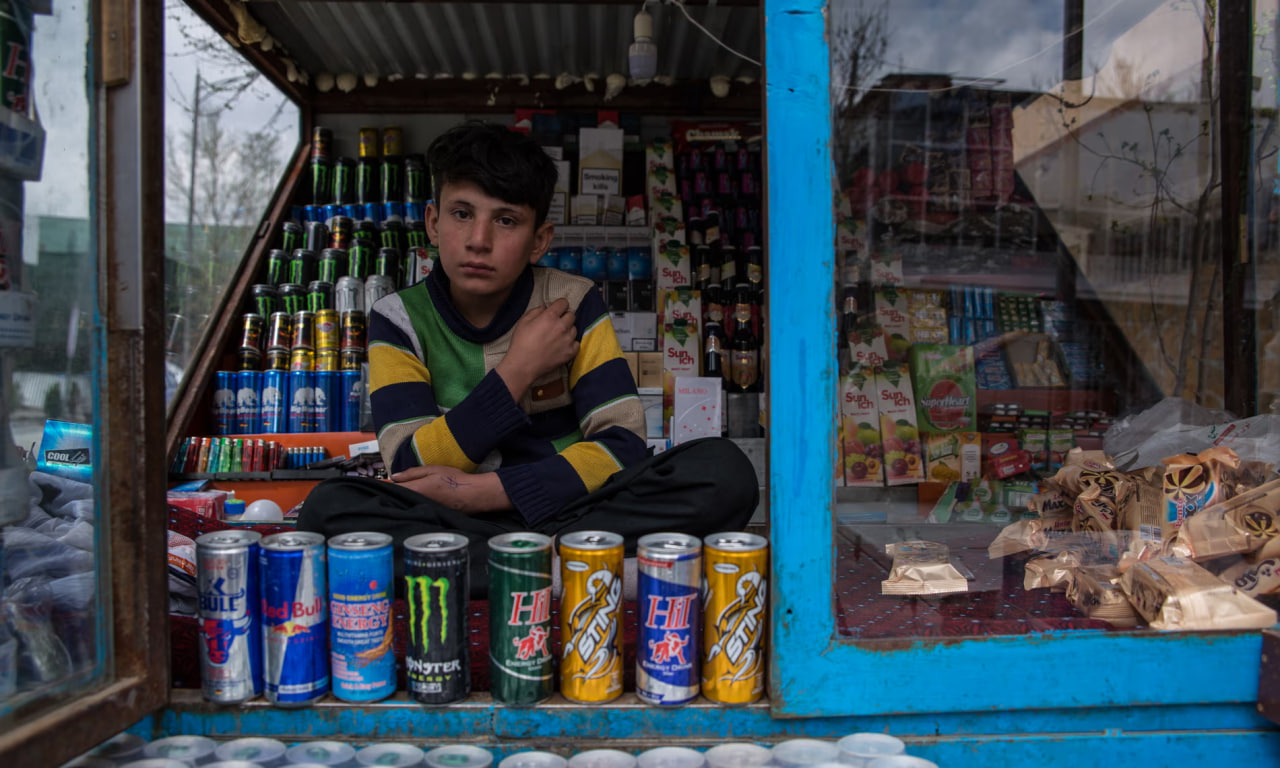In Afghanistan, the consumption of energy drinks has skyrocketed in recent years, reshaping dietary habits and raising vital health concerns across the nation. According to a Daryo correspondent in Afghanistan, these caffeinated beverages have permeated all aspects of Afghan life, from bustling urban centers like Kabul to remote villages, where they increasingly replace traditional drinks such as water and tea during social gatherings and ceremonies.

Rapid Growth and Market Dynamics
The consumption trend is driven by the perceived benefits of energy drinks, primarily their promise to boost physical stamina and alertness. Syed Fazlullah Sada, a local energy drink producer, highlights the rapid evolution:
"Eighteen years ago, nobody drank energy drinks in Afghanistan. Now, they are produced in four provinces—Kandahar, Kabul, Herat, and Balkh—and people have grown accustomed to them."
The affordability of energy drinks—prices range from 15 to 250 Afghanis (approximately $0.21 to $3.57)—has made them accessible to a wide demographic. Qiamuddin, a shop owner in Mazar-e-Sharif, remarks on their economic significance:
"A huge portion of my income comes from selling energy drinks. Prices have varied due to taxation, impacting consumer affordability."
Muhammad Nasim, another local vendor, echoes these sentiments:
"Consumption of soft drinks and energy drinks is widespread not only in cities like Mazar-e-Sharif but also in rural areas."
Despite their popularity, concerns about the health effects of energy drinks persist. The World Health Organization (WHO) has cautioned that excessive consumption can lead to serious health issues, especially among young people. In response, some countries have imposed regulations: In Sweden, the sale of energy drinks to children is prohibited, while the UK restricts consumption for those under 16 years old and advises against it for pregnant or lactating women.
Afghanistan has leveraged its growing production capacity to export energy drinks to international markets, including Europe, Asia, America, Russia, and Kazakhstan. However, challenges remain regarding meeting international quality standards. Syed Fazlullah Sada emphasizes plans to enhance product quality:
"We aim to produce soft and non-carbonated drinks according to international standards for export, including to Uzbekistan."
As Afghanistan navigates the economic opportunities and health risks associated with energy drinks, regulatory frameworks remain crucial. Balancing economic gains with public health considerations poses a significant challenge.
Comments (0)